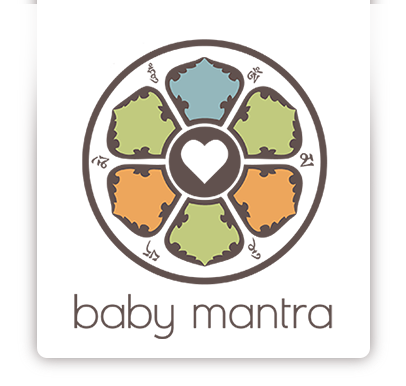Mental Preparation: Getting Ready for Childbirth
Childbirth is one of the greatest experiences you will ever have in your life. But there is also a mixture of emotions so powerful, you may need to mentally prepare yourself in order to have the best experience possible.
Mental Preparation
Childbirth is probably the most courageous, beautiful, and exiting thing you will ever do in your lifetime. Not much else compares to the creation and introduction of a brand new life! During your pregnancy, you experienced a range of new emotions, hormonal fluctuations, and new levels of happiness, anger, and joy. However, what you may not realize is the fact that childbirth creates a new array of emotions. This is because once the baby leaves your womb, your body immediately begins changing once again. Your hormone levels begin dropping in certain areas, your breasts continue changing as they ready for milk creation, and your emotional state will change as you realize that your little bundle is no longer a “bun in the oven”, but has been introduced to the rest of the world.
Believe it or not, this takes a hefty toll on your emotional state and mental balance. This is why it is wise to perhaps take some steps to ensure as easy and natural a transition from pregnancy to motherhood as possible. This includes preparing for the possibility of postpartum baby blues, to postpartum depression, or, PPD.
Understanding Postpartum Disorders
In order to begin preparation, you may want to read up on postpartum stages 1 through 3. Get to know the warning signs, and the most common feelings you may experience. PPD affects over 3 million women every year. At least 1 in 7 women will experience some form of postpartum blues. Rarely, stage 3 of postpartum occurs. This is known as postpartum psychosis. It includes hysteria, hallucinations, and more. Though it is rare, it is a serious mood disorder, and like all postpartum stages, is considered a complication of childbirth. If you begin to experience postpartum symptoms, it is best that you reach out to a medical professional right away. Postpartum is treatable, but the sooner help is sought, the sooner relief can be found.
In spite of postpartum, many women who exhibit PPD only experience mild symptoms. A basic sadness that the baby is no longer in the womb. This brings about a slight feeling of loneliness. But as it is with PPD, it is only temporary. These feelings will subside, but will subside much quicker with treatment. Even if treatment consists only of talking to a mental health counselor.
How to Emotionally Prepare for Childbirth
Along with reading up on PPD, read up on any materials you can find that explain what a mother feels like after childbirth. Hearing the words of other mothers may help in drastically improving your emotional state right after childbirth. Knowing what to expect, and understanding how others felt is a great empathetic exercise that can allow you to experience these feelings before childbirth. This form of preparation is a fantastic way to prep your mind and emotions before the big day.
In any case, understanding that you will experience such a wide range of new emotions may help you to be prepared for the big day. Along with the introduction of your baby to the world, your role on this earth has now changed forever. You will always be a mother, from this day forward.
